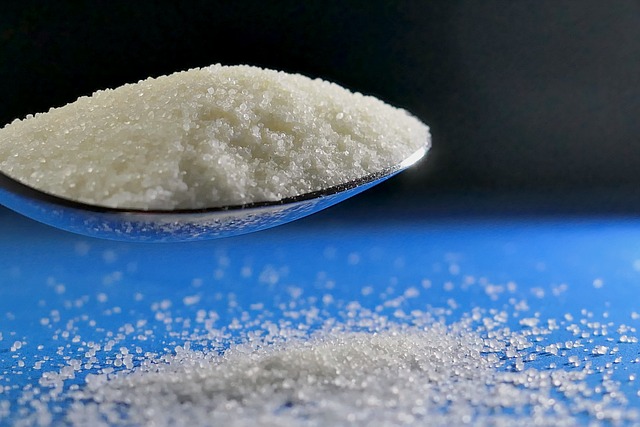Sodium is a chemical element with the symbol Na and atomic number 11. It is a soft, silvery-white metal that is highly reactive and is classified as an alkali metal. Sodium is an essential nutrient for human health and plays a vital role in various physiological processes, including fluid balance, nerve function, and muscle contraction.
Sodium is found in various forms, including sodium chloride (commonly known as table salt), which is the most common dietary source of sodium. It is also present in many processed foods, such as canned foods, snack foods, and condiments.
The human body requires a small amount of sodium to maintain proper fluid balance and blood pressure. However, excessive sodium intake can lead to health problems, including high blood pressure, heart disease, and stroke. Therefore, it is important to consume sodium in moderation and to choose low-sodium food options when possible. The recommended daily intake of sodium for adults is no more than 2,300 milligrams per day, but this amount may vary depending on factors such as age, sex, and health status.
Sodium is an essential mineral that is found in various food sources, include
- Table Salt – Table salt, also known as sodium chloride, is a primary source of sodium in the diet. It is used as a seasoning and preservative in many foods.
- Processed Foods – Processed foods, such as canned foods, frozen meals, and snack foods, often contain high levels of sodium. These foods may include added salt or other sodium-containing ingredients to enhance flavor or extend shelf life.
- Condiments and Sauces – Condiments and sauces, such as soy sauce, ketchup, and salad dressings, can be significant sources of sodium.
- Dairy Products – Dairy products, such as cheese and milk, naturally contain small amounts of sodium. However, some processed dairy products, such as cheese spreads and processed cheese, may contain added sodium.
- Meat and Poultry – Meat and poultry naturally contain sodium, but processed meats, such as bacon, sausage, and deli meats, often have high levels of added sodium.
- Seafood – Seafood, such as fish and shellfish, naturally contains sodium.
It is important to consume sodium in moderation and to choose low-sodium food options when possible. The recommended daily intake of sodium for adults is no more than 2,300 milligrams per day, but this amount may vary depending on factors such as age, sex, and health status.


